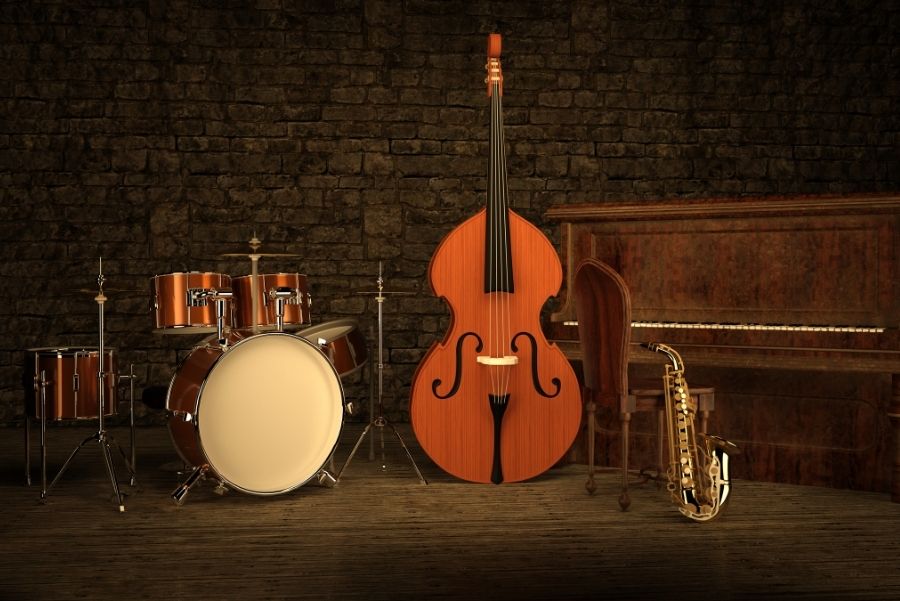Many a novice has the wish to play jazz, but they gave up the pursuit due to lack of information. It is sad since jazz isn’t exactly rocket science. Almost anyone with a little bit of IQ and effort could manage to learn how to play it. While in the advanced forms, it is a bit complex, it is not very difficult for the beginner to master. All you need is some enthusiasm and elbow grease.
To start, you need to listen to a ton of jazz music videos. This way you will get acquainted with the basics of jazz music. You will learn its context and content. Among some of the great maestros, you ought to listen to include:
● Louis Armstrong
● Miles Davis
● John Coltrane
● Charlie Parker
● Duke Ellington
● Wes Montgomery
● Dizzy Gillespie
● Lee Morgan
● Bill Evans
● Ray Brown
● Herbie Hancock

Immerse yourself in the music and you will get to identify some of the extraneous influences on the particular type of jazz music you are listening to. Next up, go deep down into the history of jazz. You will discover that there is more than what meets the eye. For one thing, many styles and subgenres exist. There are the nascent pioneers and then.
Other eras such as the swing style, the bebop wave, the hard and cool bop, fusion element and finally modern jazz. Please get to know where jazz
musicians get their inspiration from. The various repertoires will inspire you to get your act together as well. The basic chords and other jazz
style standards will allow you to learn the ropes when it comes to playing this offbeat genre of music.
Most of all, get to know the ABCs of jazz music. In the beginning, it will be a rickety and broken process, but with time, you will get
to understand the ins and outs. It is like learning how to ride a bicycle. Many beginners find out that they can easily play by ear alone. It is an
advantage, indeed. Explore the academic standards before you jump into the practical process. The scale, the pitch, seventh chords, and extensions and chord progressions all come into this mixture.
Once you have all of this under your belt, you can move on to trying out jazz experiments with real instruments solo and with other like-minded
players. It is indeed a fun thing to do since now you can finally get a grip. These jamming sessions will build your skills till they are sharp as a razor
blade.
As you progress in the field, you will get to know many things about jazz music. You will be surprised to learn that jazz wouldn’t exist in its present-day state without Africans and Africa’s contribution. Such terms as syncopation, polyrhythmic beats, percussion instruments and Black American spirituals all left their impact on jazz music. Since society’s fringe elements championed jazz, many elitist people label it as destructive or anti-music. This is not necessarily true. Just because it is experimental music doesn’t make it anything but chaos. Love it or hate it, you can’t ignore jazz music. Its presence is virtually everywhere today.
Start with the guitar riffs or the piano sessions. Remember the process takes time, so don’t lose your patience if you don’t get it right the first time around. While a tutor may be helpful, try some solo work as well. Also, get a feel for the music. You will discover that there are many layers to it. Soon you will have solid jazz music training under your belt, and then it is a case of today India, tomorrow the world!